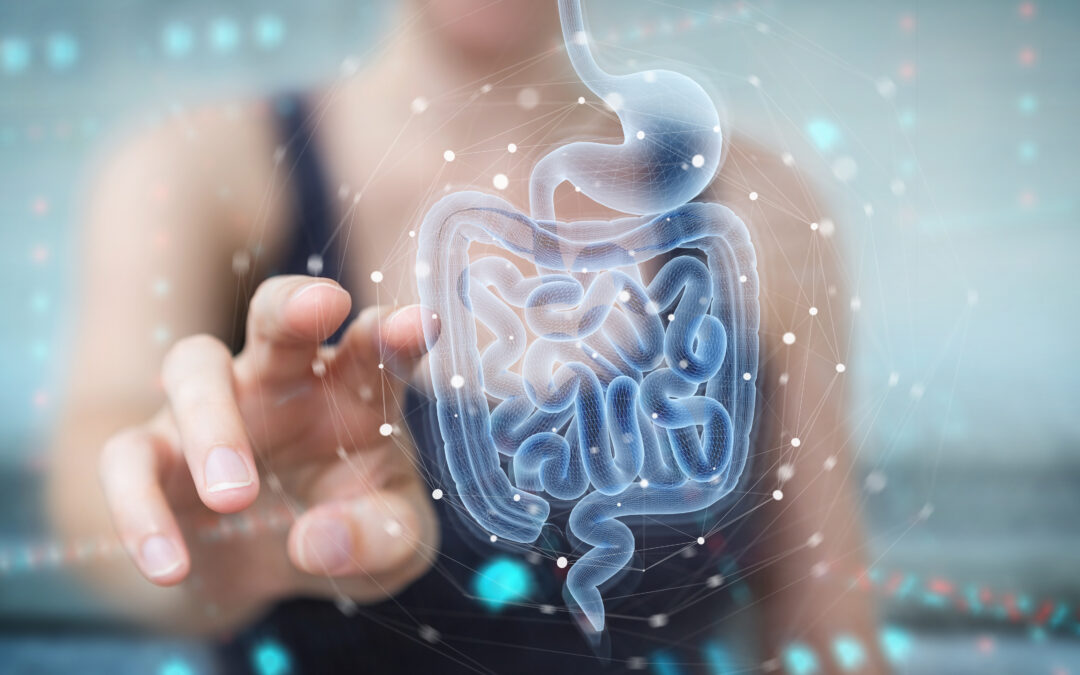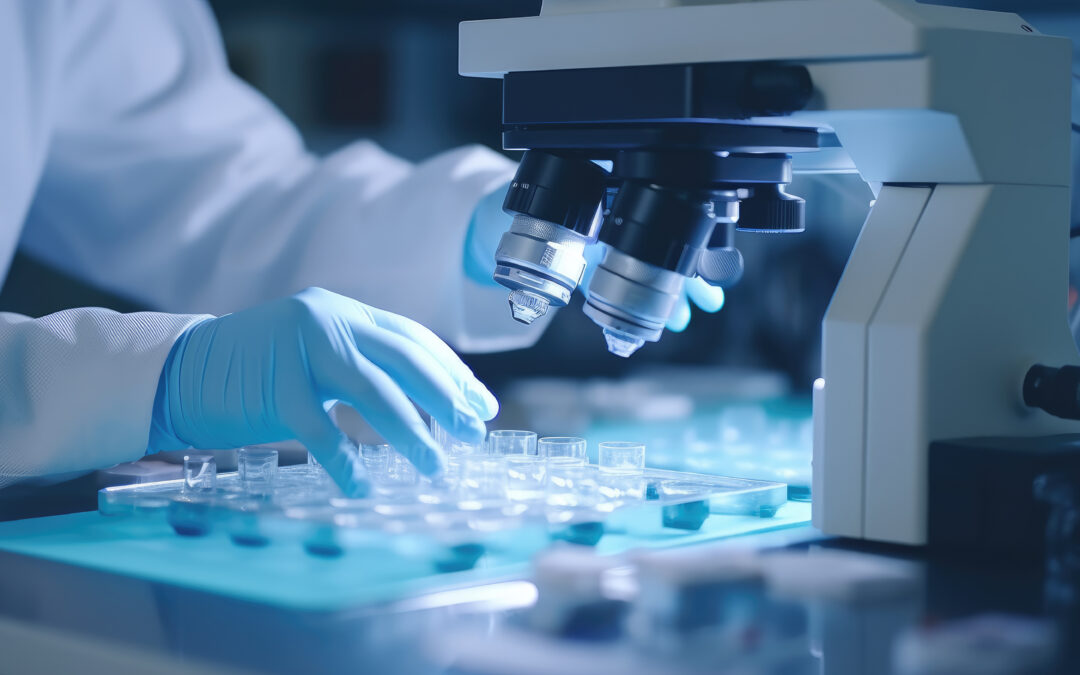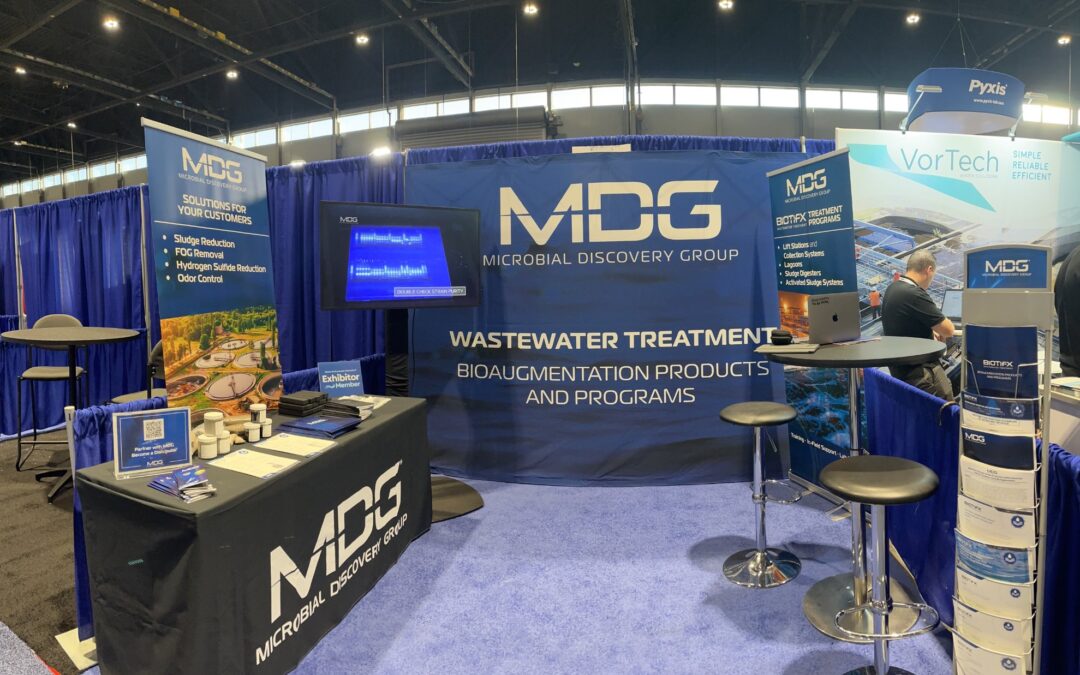In the restaurant industry, it is common for under-maintained grease interceptors to produce heavy fats, oils, and grease (FOG). Fats, oils, and grease accumulated within collection systems from residential areas and restaurants are common as well! Managing and maintaining FOG is important for reducing odors for customers and citizens.
Fats, oils, and grease that originate from restaurants, residential homes, and food processing facilities are commonly discharged into sewer systems. Picture things like vegetable oil and solid fats, such as lard. They eventually accumulate and can cause blockages in drainage systems, grease traps, and lift stations. Luckily for us (and our customers), FOG and other solids can be effectively broken down, digested, and removed with the use of bioaugmentation products by making the entire population more efficient.
Tool #1: Bacillus Produce Enzymes
Bacillus can produce a broad array of enzymes including esterase and lipase. These enzymes hydrolyze or break down FOG into smaller molecules for Bacillus and other species of bacteria to use as a source of energy. By making more food available, Bacillus can enhance a native microbial population, which then assists in the further removal of FOG.
In addition to esterase and lipase, Bacillus also secretes other classes of enzymes including, proteases, amylase, and more. Why is this important? Because FOG doesn’t consist of just fat! There are other types of solid waste that get incorporated or mixed in with the FOG including protein and carbohydrates. For example, when you haphazardly pour that bacon grease down the drain, you are inherently rinsing down small pieces of meat (aka protein) as well. Together, these enzymes contribute to a more complete digestion of solid waste and FOG.
Tool #2: Bacillus Produce Biosurfactants
Another method utilized by Bacillus to break down FOG is through the production of biosurfactants. Biosurfactants, like chemical surfactants, can solubilize and emulsify FOG. When a solid mass of FOG breaks down and mixes in water, it becomes more accessible for enzymatic and metabolic activity.
The Best of the Best!
At MDG, we have a thorough strain selection process where we have screened many strains of Bacillus and selected those with the best enzymatic activity and biosurfactant production to treat the buildup of FOG in Wastewater and Industrial & Institutional systems. Also, these strains grow at a wide pH range and can tolerate the low pH commonly found in high FOG.
So, when we say our strains are “scientifically selected” we mean we’ve picked the best of the best for the job! CONTACT US to learn more about our FOG treatment products and how you can start helping your customers with a variety of high-end bioaugmentation products.









